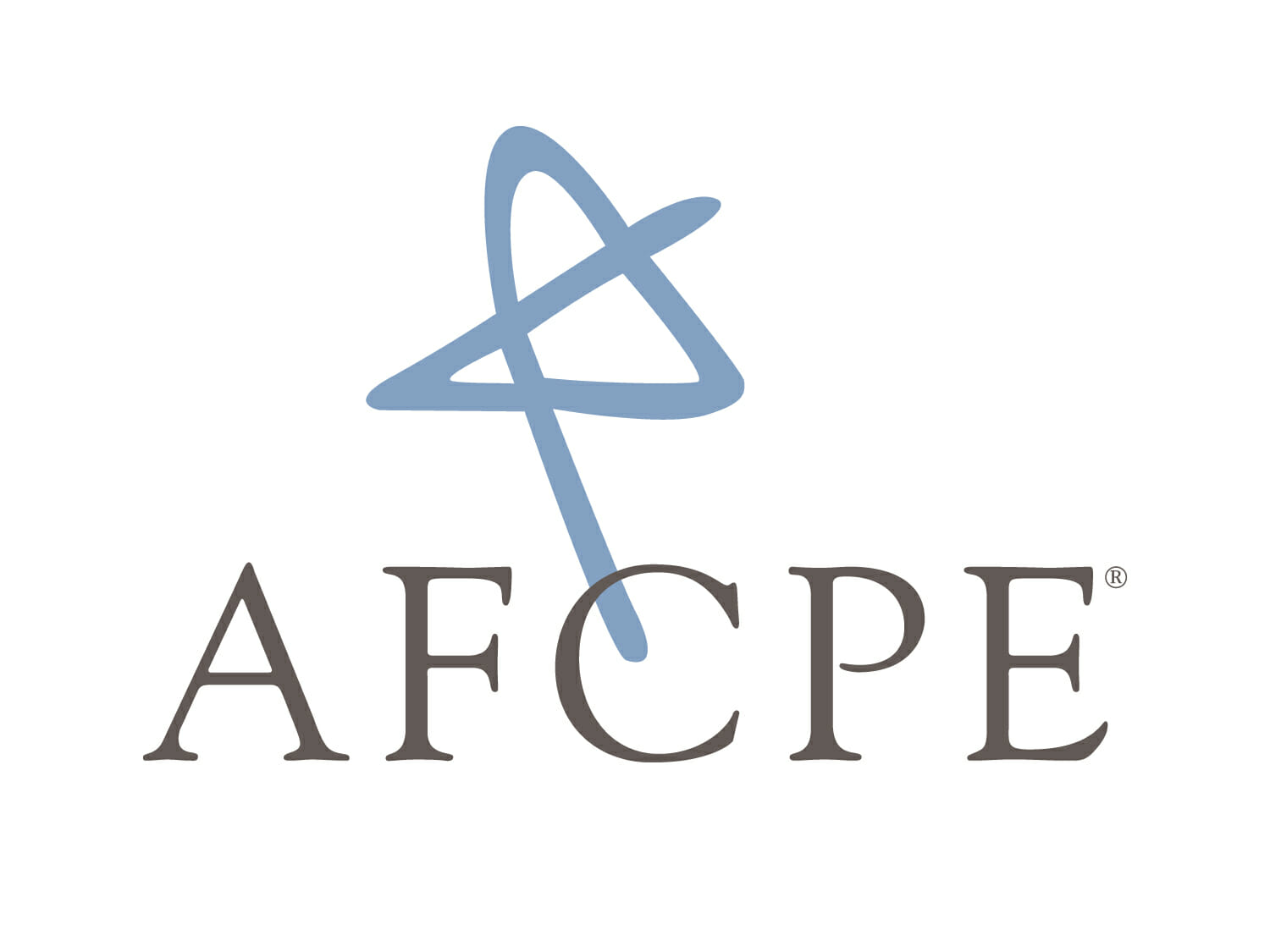Member Spotlight: Don Fulton, AFC®, CRC®, and longtime member of AFCPE®, has more than 15 years’ experience in financial counseling and coaching through employee assistance programs and employee benefits services. A graduate of Golden Valley Lutheran College and Augsburg College, Don earned a Masters of Divinity and a Masters of Theology from Luther Seminary. He currently lives in Minneapolis with his wife and two children.
You have a very unique background as both a Lutheran Pastor and a financial counselor. What led you to your work as an Accredited Financial Counselor?
From an early age I was drawn to church as a place of belonging. A growing sense of what the church refers to as “call” eventually led me to attend Lutheran colleges, as well as seminary. I became an ordained Lutheran Pastor in the Evangelical Lutheran Church in America called to a ministry of word and sacrament.
During a transitional period in my life, I explored making a career shift. I asked a coworker who would hire someone with my background, and he suggested an employee assistance program (EAP). I then had what some describe as a “six degrees of separation” experience, or what I call “Higher Power” stuff, and decided to pursue and obtain employment with an EAP.
In this new position, financial counseling was among the services I provided to client companies and their employees. I became a member of a dedicated financial team which focused on financial issues including budget, credit and debt management. In order to share a common base of financial knowledge, members of this team pursued their Accredited Financial Counselor (AFC) designation.
So began an unexpected journey that combined faith and finance. These days I talk about wearing two hats – one of a Lutheran clergy and the other a financial coach. Some people seem to think this is an unusual combination, but I disagree. In the church world we call this stewardship, or what could be broadly defined as resource management.
In practicing stewardship, themes of generosity and scarcity emerge that are important to how we as individuals, couples, businesses and a society approach decisions about money. The question gets raised, “How much is enough?” Generosity takes the viewpoint that there is enough for all and is gratitude based. Scarcity takes the viewpoint that resources are limited and is fear based. The point of view we chose to take can influence and motivate our behavior. To live as “wise stewards’” means we become aware of what motivates us in managing all that we have.
Tell me about Money for Two workshops. How did these workshops come about and why is the initiative so important to you?
Money for Two Workshops, LLC started in response to a need. A fellow Lutheran pastor, who had been doing pre-marriage workshops for a number of years, mentioned that more couples were asking financial questions. She saw that financial decisions were a major source of stress in relationships and was looking for a resource who would talk about financial issues without trying to sell a product. I knew I had gifts I could offer in this area, so we started putting ideas together.
Since I had been practicing financial counseling for a number of years and understood financial issues, I built the workshops to address these issues. I connected with S.C.O.R.E. = Service Core of Retired Executives and was assigned mentors who helped me put together a business plan. Then I found people who specialized in communication to help me develop a website and, thus, moneyfortwoworkshops.com was created.
Money for Two Workshops, LLC is faith-based because, I believe, faith is a resource. In the workshops listening with respect and offering a safe place to share is emphasized from the start. Interactive exercises are used to communicate about money and we talk about how each member of a couple comes from different financial backgrounds. Inventories are used to gauge the financial knowledge of each member of a couple. Stewardship stories from the Bible are used to help illustrate how faith and values relate to the role of money in our lives and the importance of managing money well. Time is spent on financial terminology and where to find financial resources. Each couple sets goals and identifies the steps they will take to reach those goals. Overall the goals include reducing stress around financial decision making and building healthier relationships.
Please share a story or anecdote that has made your work so rewarding.
I offer a version of Money for Two Workshops as a class through a local community education program. One evening, about an hour into the class, I asked if the financial information I was sharing was new to them. The response was overwhelmingly affirmative, and at this point all we had covered was the importance of credit, budget basics and thinking about financial goals. These were couples in their 20s and 30s and this information was new to them. Obviously the need for couples (and all of us) to receive sound financial information is there. I find it rewarding to offer financial information that can help strengthen a couple’s relationship and decision making for the future.
If you are interested in learning more about Money for Two workshops, or networking on issues of faith and finances or financial health within relationships, please contact Don at revdfulton@comcast.net.

Leave a Reply